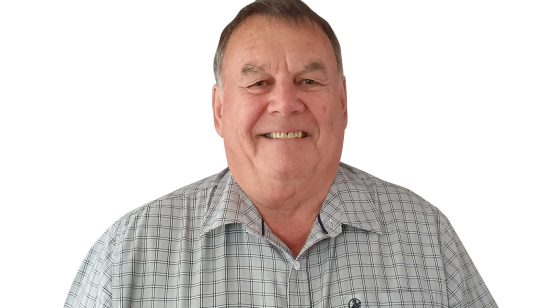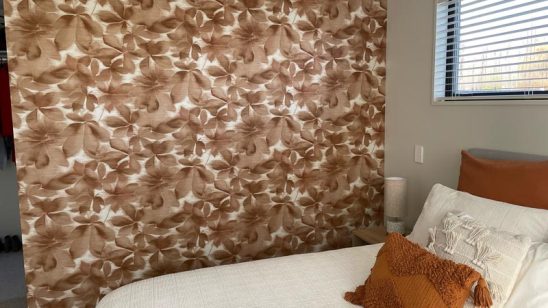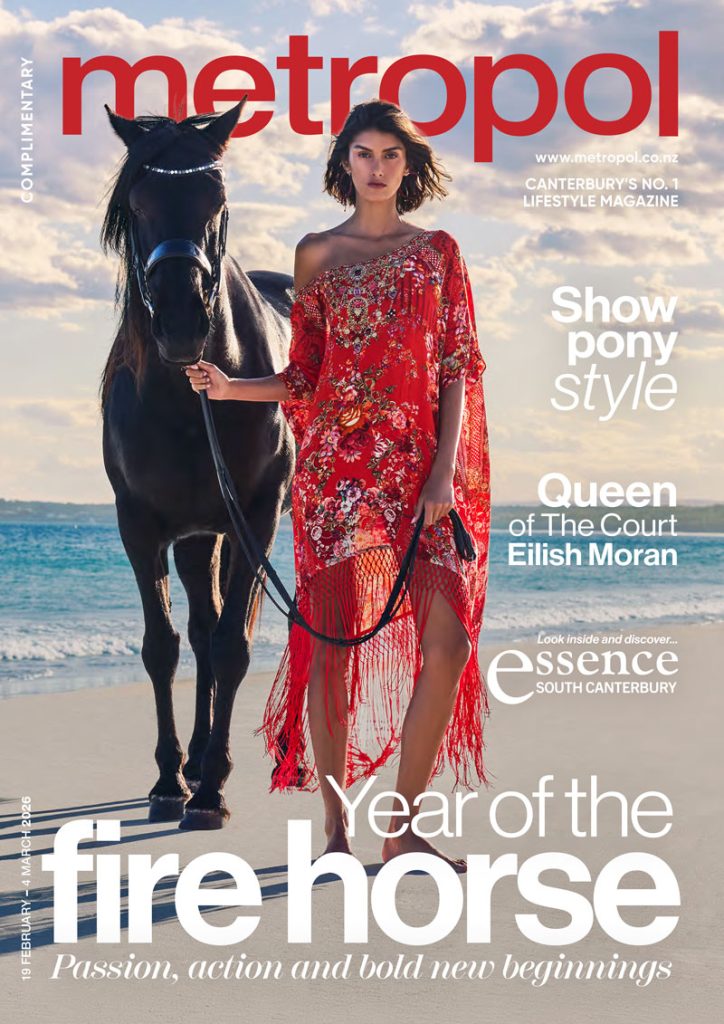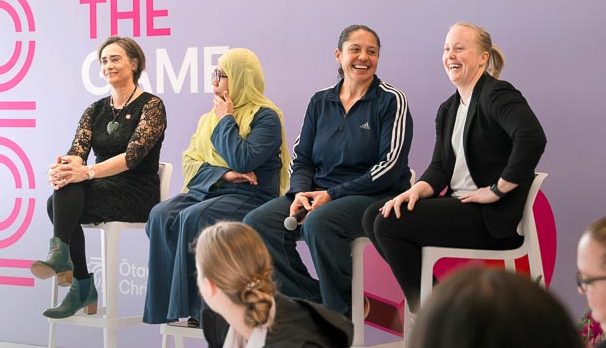
Wāhine in sport
In early August, Ōtautahi Christchurch and Brown Bread hosted the Changing the Game – Wāhine in sport event. Metropol deputy editor Daniella Judge was one of those who attended.
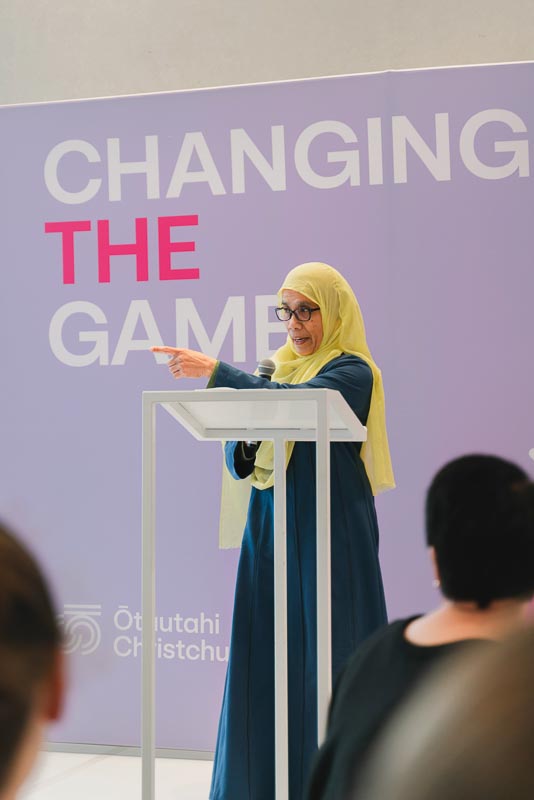
A diverse group of women from local sports communities participated in ‘Wāhine in sport’, an event aimed at driving positive change for sport in Canterbury and throughout Aotearoa, on the back of the FIFA Women’s World Cup™ momentum.
A karakia kicked off the event and then Master of Ceremonies Brodie Kane engaged the audience with her enthusiastic “Women are pretty cool, so let’s keep it going”.
Key speakers included Kendra Cocksedge. As a Rugby World Cup champion and retired Black Fern, Kendra has witnessed first-hand the impact of international victories on women’s participation in sports. She says that having young girls coming up to her and expressing their newfound interest in playing rugby after the Rugby World Cup win was, and is, very special.
“If you can see it, you can be it,” she states. This quote quickly became a pillar catchphrase, used throughout the morning. Kendra also emphasised the importance of having women in sports governance, “it trickles down,” she says.
Also sharing her experience was Noraini Milne, the Founder of Sow a Lyttel Seed (SALS). Noraini is a Lyttelton-based mum, committed to her mission of promoting healing and well-being through sports in the Muslim community.
She advocates that sports can work to unify communities. As part of her work with SALS, she organises sports days which are all about encouraging unity. From her perspective as a Muslim woman in sports, she says, “We want young women who look like us, in hijab, getting involved in sports and leadership.”
Cheryl Smith, a former Black Fern who shattered barriers in 2005 as the first woman to coach a men’s senior rugby team in Northland, conveyed the pivotal role of diversity in enhancing sports clubs’ community impact, stressing the essence of “placing the right people in the right positions”. Cheryl advised the audience to find the people in their community and make them feel welcome, a message that can reach beyond sports fields. She ended with this nugget of wisdom, “It doesn’t matter where you come from or what you look like, you are one person.” 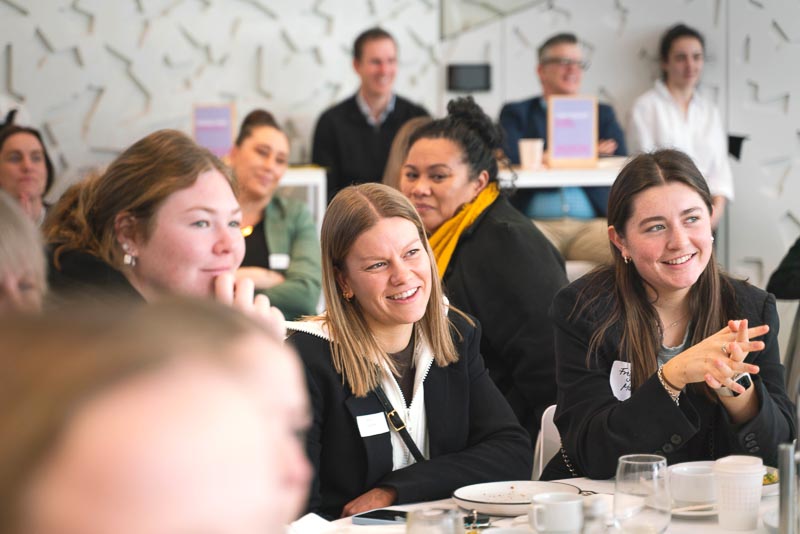
Last to take the stage was Dr Lucy Hone, a director of the New Zealand Institute of Wellbeing & Resilience, a research associate at AUT University, a published academic researcher, and best-selling author.
Lucy said she loves to see what is happening in women’s rugby, but wants to see that same enthusiasm across all codes. “We need to band together to make that happen,” she tells us.
A mere 6% of sports research is done on women she explains. “The research is completely lacking.”
From a well-being perspective, Lucy’s message to women provides inspiration. She says that however you choose to play sport, you get the positive emotions from the highs, and you get the lows, which teach you mental resilience. You get the relationships, the connection to your teammates, and a sense of meaning and belonging. You might even get some accomplishments, Lucy adds.
“A myth of resilience is that it’s an individual pursuit, that it’s a fixed trait. That’s false. Resilience is a capacity that we all have access to,” Lucy says, adding what is needed is external support to help us along the way.
A question and answer session sparked discussions around the barriers that typically affect women who want to play sports, such as managing menstrual cycles, and making time to play sports when you have family responsibilities. The room was buzzing with shared opinions and innovative ideas.
The strong message and sentiment of this event shows that women in sports are already powerfully motivational, and that getting more women and girls involved, can make a lasting and positive difference.
DID YOU KNOW?
Gender split in Canterbury sport:
41% female and 59% male.


